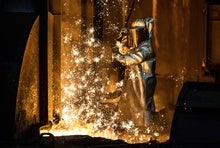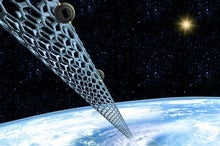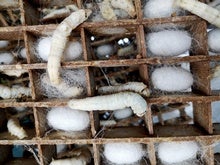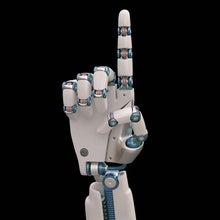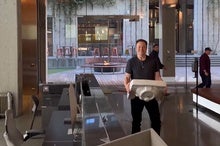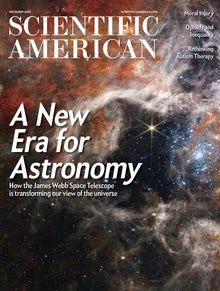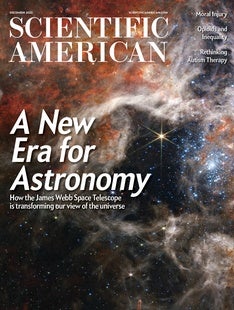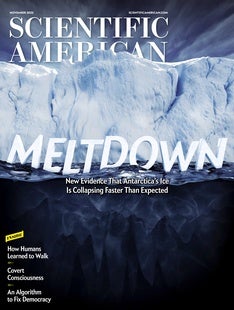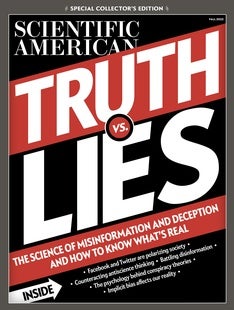 |
| November 29, 2022 |
Dear Reader,
Years ago, when Qatar first placed its bid to host the men's World Cup, it promised to help athletes and fans alike manage the nation's scorching temperatures by building stadiums with outdoor air conditioning. As the 2020 Tokyo Olympics demonstrated, a warming world can make sporting events dangerous. But outdoor AC may not be a sustainable solution to this problem, experts warn. Read more in this week's top tech story. |
| |
 |
| |
| |
| Computing It's Time to Open the Black Box of Social Media Social media companies need to give their data to independent researchers to better understand how to keep users safe | | By Renée DiResta,Laura Edelson,Brendan Nyhan,Ethan Zuckerman | | | |
| |
| |
| |
| |
| |
| |
| |
| |
FROM THE STORE
 | | | |
| QUOTE OF THE DAY
 "We lack a set of well-defined mathematical theories that can guide our social systems through the next year, much less to some distant point in the future." Joe Bak-Coleman, Scientific American | |
FROM THE ARCHIVE
 | | A Better Way to Cool Ourselves A new technique doesn't deprive us of fresh air. And because it uses less energy, it's good for the climate as well By Forrest Meggers,Dorit Aviv,Adam Rysanek,Kian Wee Chen,Eric Teitelbaum | May 2021 | | |
LATEST ISSUES
 |
| |
| Questions? Comments?  | |
| Download the Scientific American App |
| |
| |





